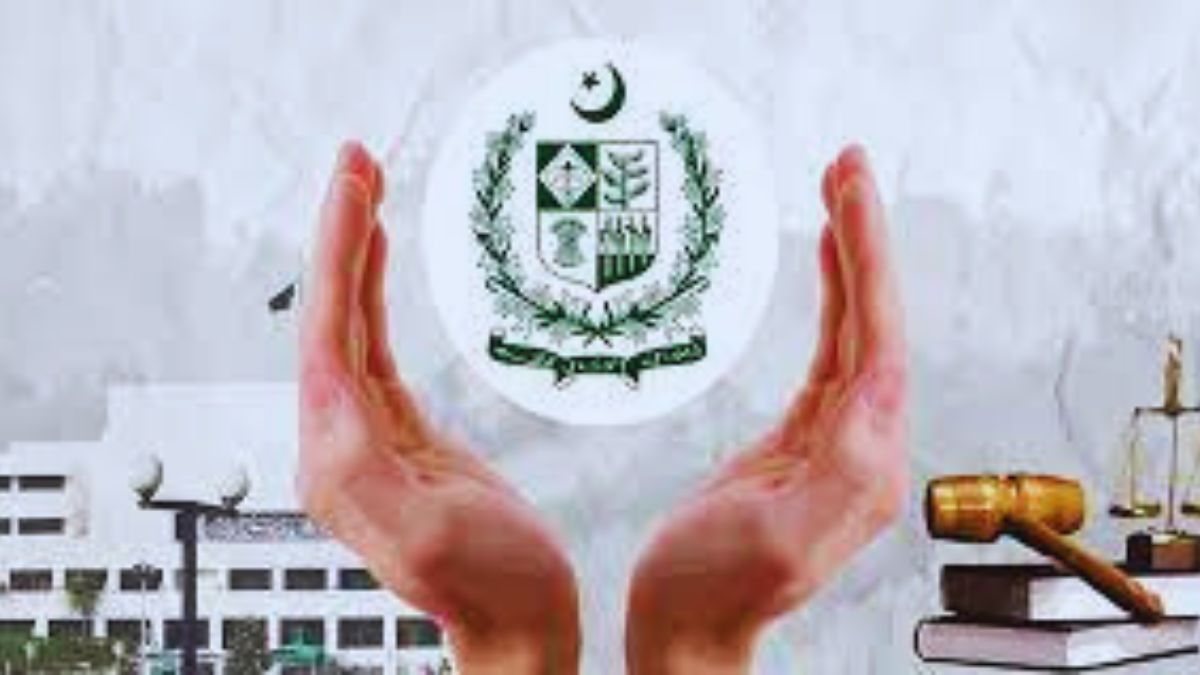In 2025, Govt. issues in Pakistan remain one of the most debated topics among policymakers, international institutions, and citizens. With ongoing challenges in decentralization, institutional accountability, civil service reform, and political stability, the need for transparent and effective governance is more urgent than ever.
Major Govt. Issues in Pakistan – 2025
| Area | Key Challenges |
|---|---|
| Centralisation | Weak local government systems, lack of constitutional guarantees for local bodies |
| Corruption | Politicised accountability, lack of transparency, elite capture |
| Military Influence | Overreach in economic and political affairs |
| Civic Freedom | Reduced media independence, limited political participation |
| Economic Instability | IMF conditionalities, structural inefficiencies, lack of inclusive reforms |
| National Security | Intelligence overlaps, cross-border threats, and domestic unrest |
Read More: Penalties Announced for Defaulters, CDA Urges Citizens to Clear Outstanding Dues by June 30, 2025
Centralisation and Local Governance
Pakistan’s governance remains heavily centralised in 2025. Local government systems are not constitutionally protected, and civil services are not aligned with local needs. Transparency International Pakistan advocates structural reforms, including:
- Digitization of services
- Empowering parliamentary committees
- Introducing conflict-of-interest laws
These changes aim to decentralize power and improve service delivery at the grassroots level.
Corruption and Accountability
Pakistan ranks 135th on the Corruption Perceptions Index. Key governance challenges include:
- Lack of a unified anti-corruption framework
- Selective accountability by institutions like NAB and FIA
- Elite capture and politicisation of public offices
The IMF and World Bank have linked financial support to improvements in transparency and accountability across civil institutions.
Military’s Role in Economy and Politics
The military’s increasing influence in economic sectors—from agriculture to infrastructure—raises serious governance concerns. Critics argue this dominance compromises democratic integrity and deters foreign investment. Politically, the army continues to shape narratives, evidenced by the suppression of opposition voices.
Restriction of Civic Space
Pakistan’s transition towards hybrid authoritarianism continues. Issues in 2025 include:
- Media censorship
- Repressive cyber and disinformation laws
- Political interference in judiciary and elections
International watchdogs and the EU have raised concerns about the shrinking space for democratic participation and human rights.
Read More: S&P Global Celebrates 20 Years in Pakistan, Emphasizing Growth and Innovation
Economic and Fiscal Reforms
To stabilize its economy, Pakistan is working with the IMF on a $7 billion program and the World Bank on a $20 billion 10-year package. Key reforms include:
- Tax base expansion
- Public sector enterprise reforms
- Reduction of government expenditures
- Increased female representation in governance
Domestic reforms include AI-based digital IDs, border smuggling crackdowns, and workforce downsizing to control fiscal deficits.
National Security and Governance
Security remains a pressing concern with increasing threats on borders and unrest in provinces like Balochistan and Sindh. The newly established National Intelligence Fusion and Targeting Center (NIFTAC) is aimed at improving coordination between agencies.
Recommendations for Good Governance
- Constitutional Protection for Local Governments
- Unified, Depoliticized Anti-Corruption Agencies
- Digitized Judicial and Administrative Systems
- Clear Separation of Military and Civil Authority
- Reforms to Safeguard Media and Civic Rights
- Adherence to International Standards for Human Rights
Conclusion
Governance in Pakistan faces serious structural, political, and security challenges in 2025. However, with consistent reforms, support from international partners, and strong political will, the country has the potential to improve transparency, accountability, and institutional efficiency. The future of Pakistan’s democracy and development depends on urgent, inclusive, and sustained governance reforms. Stay tuned with Bloom Pakistan.
Read More: Punjab Enforces New Age Limits on Medical Training









